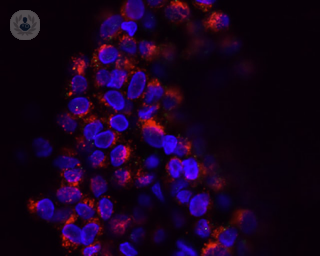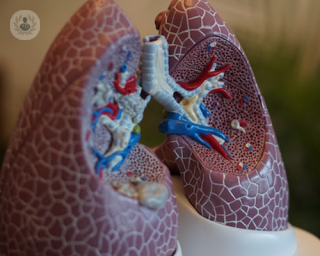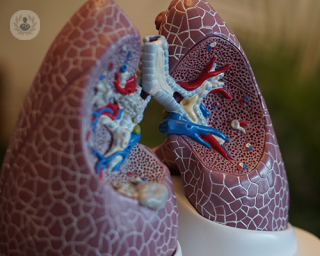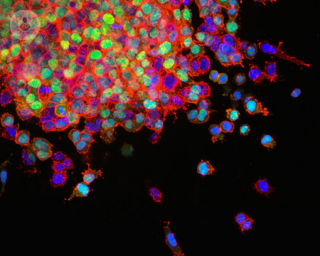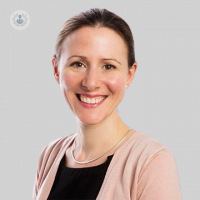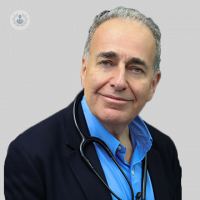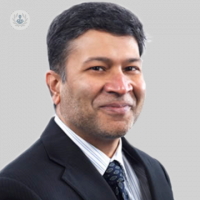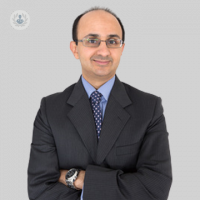Immunotherapy
Professor Hendrik Tobias Arkenau - Medical oncology
Created on: 01-16-2013
Updated on: 08-29-2023
Edited by: Conor Dunworth
What is immunotherapy?
Immunotherapy, also called biological therapy, biotherapy or biological response modifying therapy (BRM therapy), is a set of treatment techniques that boost the body’s natural defences-the immune system to fight cancer and certain infections. Some immunotherapy treatments boost the immune system overall, while others try to teach it to attack specific types of cells found in tumours. Treatments include the administration of vaccines, creams, tablets and the use of monoclonal antibodies (these are a type of protein that can attach to cancer cells in the body).
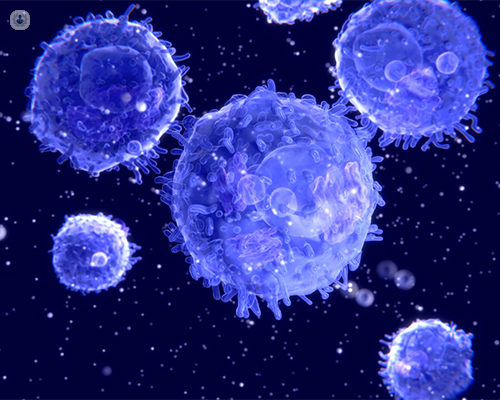
What is immunotherapy used for?
Immunotherapy is used to strengthen the immune system to help it fight cancer and side effects of cancer treatments. It can also be used to combat allergies. Allergy shots, also known as subcutaneous immunotherapy can alter the immune system and prevent the development of new allergies.
What does immunotherapy involve?
Treatment uses substances produced by living organisms or substances made in a laboratory. It can be administered in several ways:
- Intravenous (IV): An injection is administered directly into a vein.
- Oral: in capsule or tablet form to ingest.
- Topical: Application of a cream on the skin to fight cancer in its initial stages.
- Intravesical: This is an injection administered directly into the bladder to help tackle bladder cancer.
How long does treatment last?
This can depend on a number of factors, including:
- The type of cancer and how advanced it is.
- The type of immunotherapy taken.
- How the patient reacts to the treatment.

